Behind the Scenes of Being a K-pop Trainee
The Unrealistic Expectations of the Korean Entertainment Industry
Excessive practice under extreme pressure and stress makes trainees question their dream of becoming K-pop idols. Illustration by Ava Cho.
October 18, 2022
Earning tons of money, having millions of fans, achieving fame – becoming a K-pop star has countless merits. As the popularity of K-pop grows globally, many teenagers dream of becoming a part of this booming industry. The competition among BTS aspirants is intense even at the starting line. Behind that point, however, comes the real deal unbeknownst to those outside of the industry.
The first step to debuting is becoming a trainee affiliated with an entertainment company. There are various methods to become one, but passing an audition is the most common way. To appeal to management companies, teenagers practice singing, dancing, playing instruments, acting, and other talents either alone or at academies beforehand. Just appealing to the industries takes day after day of pouring blood, sweat, and tears into an audition that could determine their potential career path.
The process of tryouts may differ depending on the company, but generally, applicants are lined up in groups and sent into separate rooms for judging. Attendees are called by numbers and are treated as if they are products. Under high pressure, applicants still aim to show all of what they have prepared in the few minutes they are given, but even the best can be heard weeping in the bathrooms afterward.
Prospective applicants are offered a deal by the company. Contract conditions may vary in term – some last a year, and others, seven years. Under contractual obligations, freedom of media usage, relationships, and actions are restricted heavily. Such conditions are made to prevent the trainee from disgracing the corporation after their revelation. Once signed, the candidate has legally become recruited – there is no turning back at this point.
Although the one-hit-wonder “Crayonpop” is no longer a functioning girl group, ex-member “Way” (웨이) published a Q&A video about trainee life on her YouTube channel which revealed the overly-strict control the companies have over aspiring idols. According to her experience, phones were confiscated every night to prevent any type of unwanted interaction with the outside world that could ruin the company’s image.
Payments for dinner, lodgings, and lessons are provided. All investments are made under the conditions that the recruits will be charged fees for breach of contract if they violate any terms in the legal documents, costing them hundreds of thousands of dollars. As one can imagine, this causes immense stress to the recruits. They have to be mindful of their every action and feel limited – essentially, basic freedom is taken away. In fact, it’s even pretty common for companies to provide basic aspects of trainee life for odd jobs here and there: Way also recalls an uncomfortable memory of her frantically cleaning the practice halls without payment, just to get extra lessons.
Due to the stressful trainee life conditions, strict contracts, and most importantly, the competitive industry, students are left with no choice but to practice. Though they are given group lessons on choreography, each has a customized schedule given by the training team commensurate with their anticipated positions. Lessons vary from practicing instruments, producing music, dancing, personal training, artistic gymnastics, and more. Those who are unable to balance K-pop training and school education tend to become dropouts.
Yeji, the Leader and Main Dancer of the popular girl group “Itzy”, openly admitted to extreme physical hardships she faced during dance practices which, without fail, always started with an intense workout routine. With the added physical stress, Yeji told her fans during the live stream that one mistake would affect the whole practice, which added onto the anxiety and poor mental condition overall.
Daily schedules are usually set, but trainees usually get home way past their schedules – it’s a normalized part of the K-pop rookie life. The constant pressure of weekly assessments and monthly evaluations looms over them, grabbing at their ankles. Worse than bitter criticism of one’s appearance, performance, and attitude that typically follows examinations, after all, is the fear of not having done ‘enough.’ It’s no secret that many ex-recruits have lamented feeling anxious, and hyper-aware of every little situation imaginable.
As much pressure as they can be, however, the judgments are also an opportunity to boast improvements. After all, the toughest pressures produce the shiniest diamonds. They come to some young aspirers as a ray of light, but for some, in the form of dismissal. If one’s superiors decide that they see no potential in their underclassmen, the recruit may have their contract ended, forced to give up on their dreams.
Not only are attendees judged in their assessments, they are also monitored 24/7 by a training team assigned to them. It is, quite literally, their job to report all doings of the trainees. Participants, in response, start learning how to flatter their superiors. To stand the nonstop criticism on ideal weight, talent, appearance, and even their own identity, trainees unwillingly give in to conformity rather than individuality.
Members are often pressured to perform embarrassing tasks in the name of the practice, as well as have such unwanted acts recorded on camera. Way also recalls that, initially, she was an introvert – but according to the company’s unique and extraverted concept of the team. She found herself trained to develop a completely different personality, losing the chance to get to know herself during her adolescence.
Teenagers often find emotional support in one another because they, as trainees in the same company chasing similar ambitions, know best how hard their new lives can get. The reality, however, doesn’t offer shoulders to cry on with all recruits having to be better than the last – even if it’s their own friends. Extreme stress gets common with strained determination in the air.
Idols usually make their debut around ages 15 to 23. With that being said, it is quite inevitable for trainees that have failed to do so to lag behind in their education. Not only would they have to make up for all the time that others had invested in competitive Korean academics, but they would also have to find a completely new path in life. Every tick of the clock further reminds trainees of their opaque and uncertain futures.
Only the best of the best will be chosen to join the debut team for the next launch. Post-selections, the company renews contracts to recognize the attendee as an idol. Final training is given before members are announced to the public. Once again, soon-to-be idols are forced to make up personas that would be appealing to K-pop fans. And as teens, they do not have enough time to get a chance to find their own identity and grow as their own person. They “act” to please the audience and are faced with a crisis of identity.
After debuting starts the real deal: making oneself known. Success isn’t even in line for most. It is countless failures and even precious lives that have brought the K-pop industry to its current standpoint, whether for the better or for the worse.
Life is truly but a complex dichotomy between a dream and a harsh, real life for K-pop idols. Seldom cases of fame and fortune blind young teenagers to invest a decade of their life into an uncertain future. Even those who have suffered countless failures, personal attacks, and the sacrifice of their mental and physical health in the form of “feedback”, have a long way to go. Know that the apex where hundreds-million worth stars stand has a foundation in K-pop trainees and their once indefinite dreams.

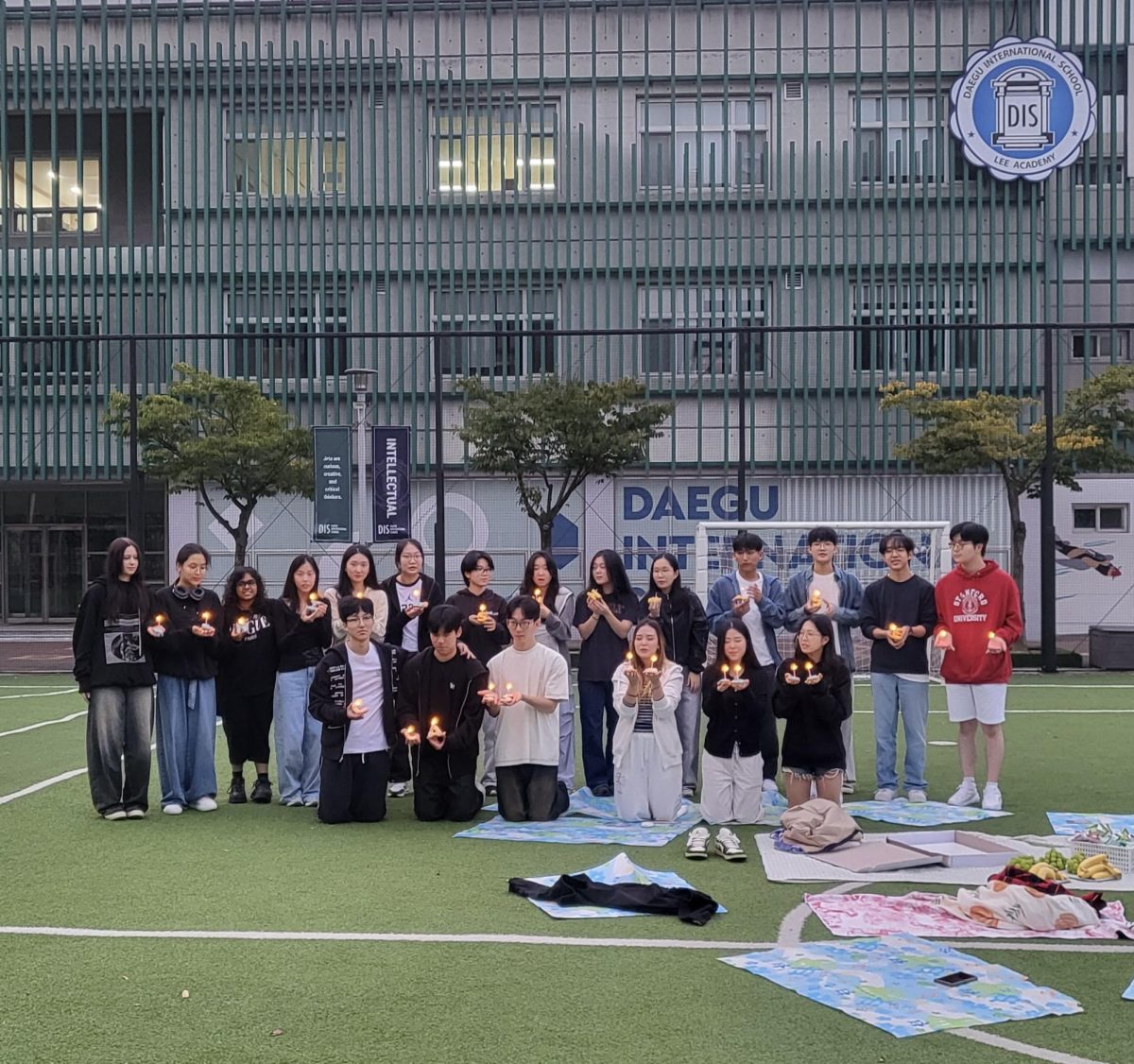











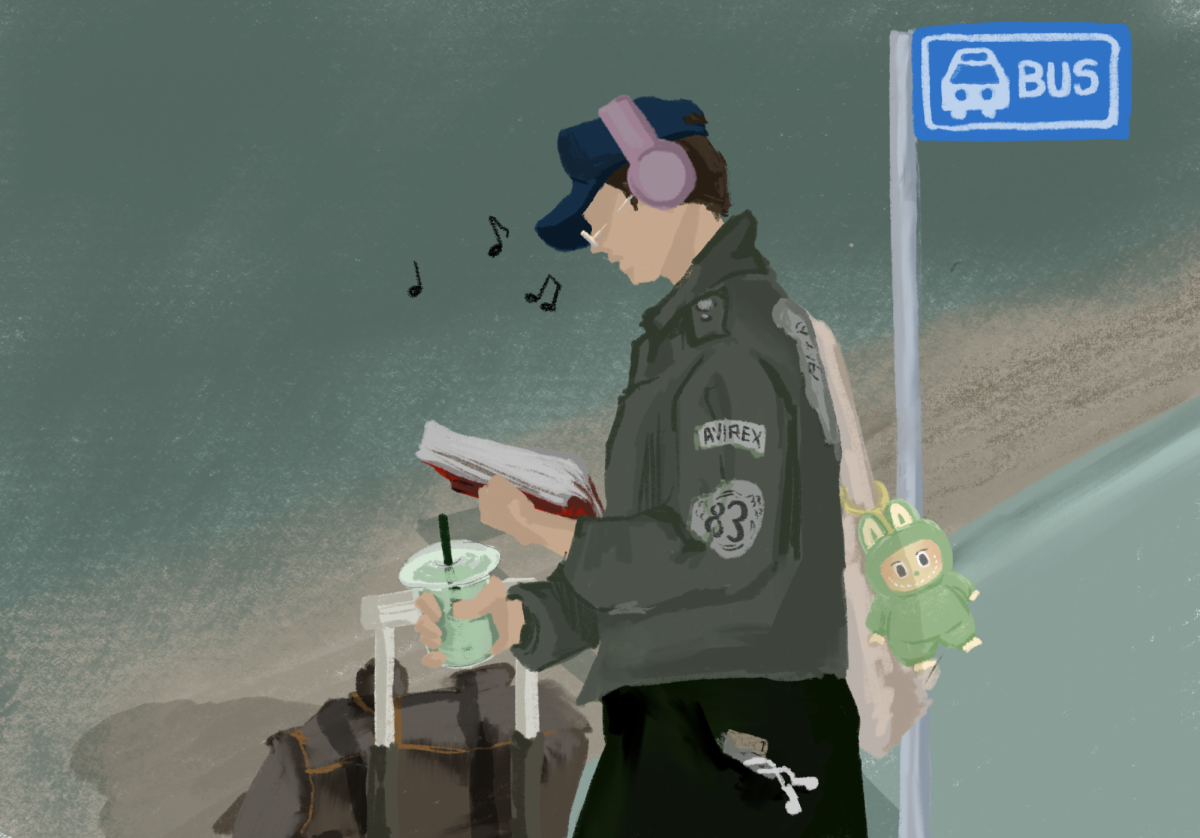




































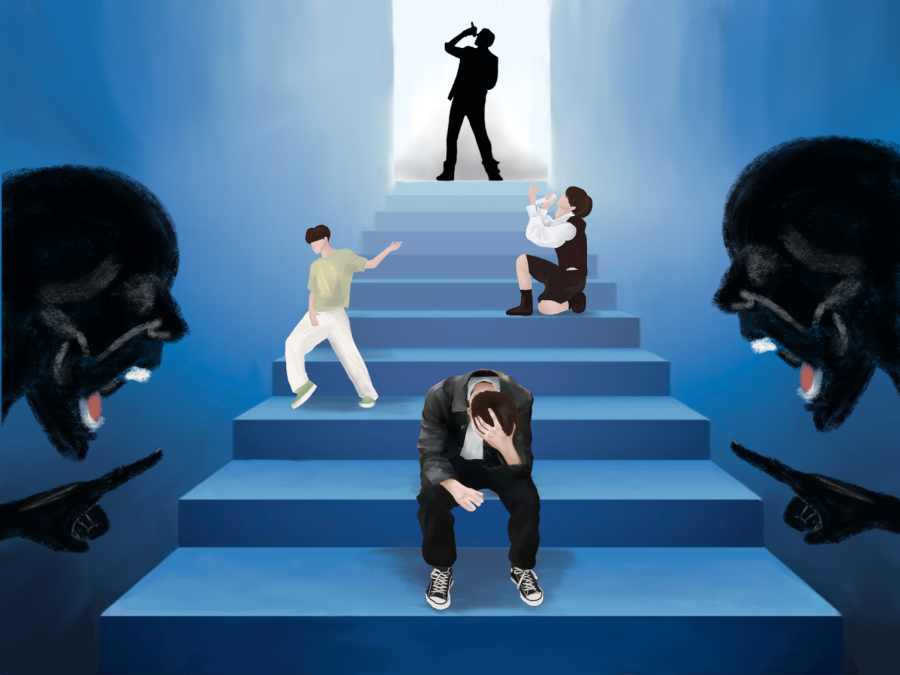
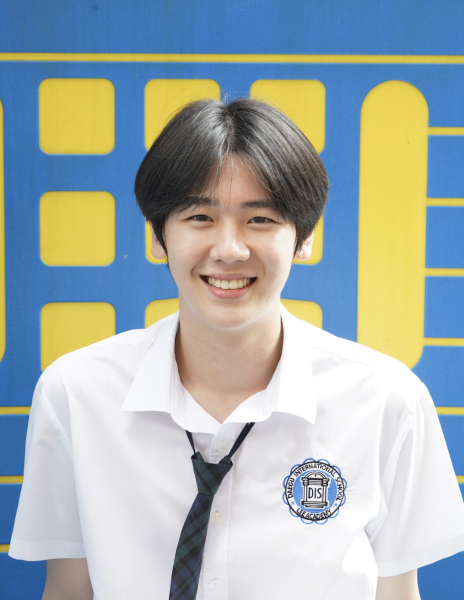



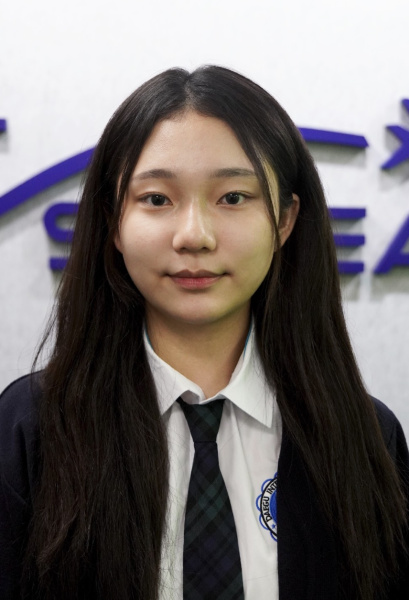
Paul • Nov 10, 2022 at 6:37 pm
Are you planning to become the future bts?
Scott • Oct 21, 2022 at 1:10 am
This is a very unique take on the K-pop industry! Thank you for your article.
Michelle Doh • Oct 18, 2022 at 7:40 pm
I wish every trainees will success, but unfortunately, they don’t.. I cheer and support for all trainees!!
Serena • Oct 18, 2022 at 7:39 pm
Very interesting